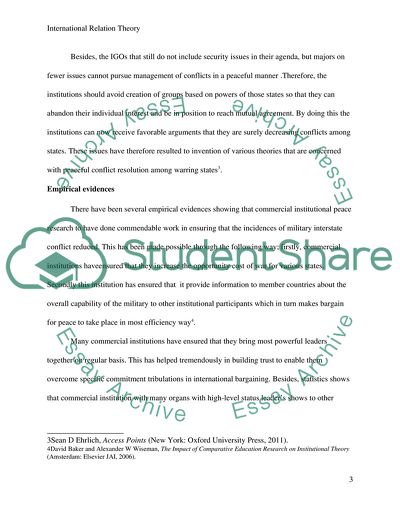Cite this document
(“Is the 'Promise' of international institutions really 'false' Essay”, n.d.)
Is the 'Promise' of international institutions really 'false' Essay. Retrieved from https://studentshare.org/social-science/1692297-is-the-promise-of-international-institutions-really-false
Is the 'Promise' of international institutions really 'false' Essay. Retrieved from https://studentshare.org/social-science/1692297-is-the-promise-of-international-institutions-really-false
(Is the 'Promise' of International Institutions Really 'False' Essay)
Is the 'Promise' of International Institutions Really 'False' Essay. https://studentshare.org/social-science/1692297-is-the-promise-of-international-institutions-really-false.
Is the 'Promise' of International Institutions Really 'False' Essay. https://studentshare.org/social-science/1692297-is-the-promise-of-international-institutions-really-false.
“Is the 'Promise' of International Institutions Really 'False' Essay”, n.d. https://studentshare.org/social-science/1692297-is-the-promise-of-international-institutions-really-false.


